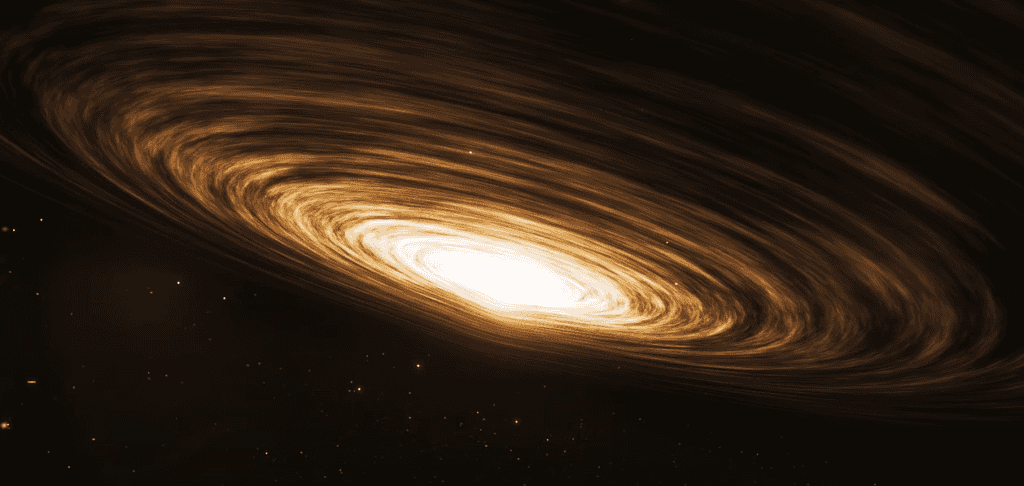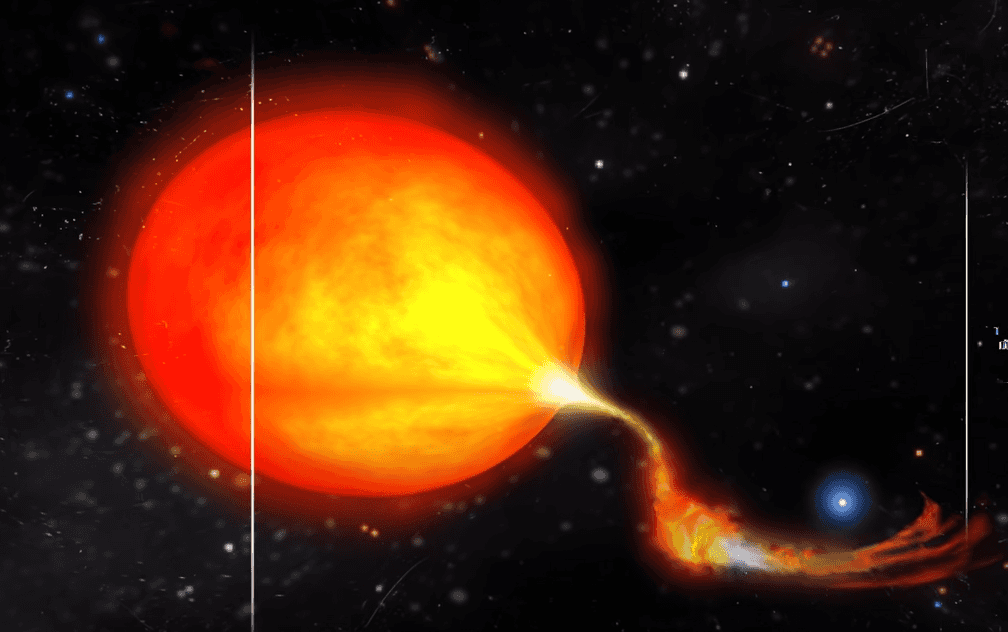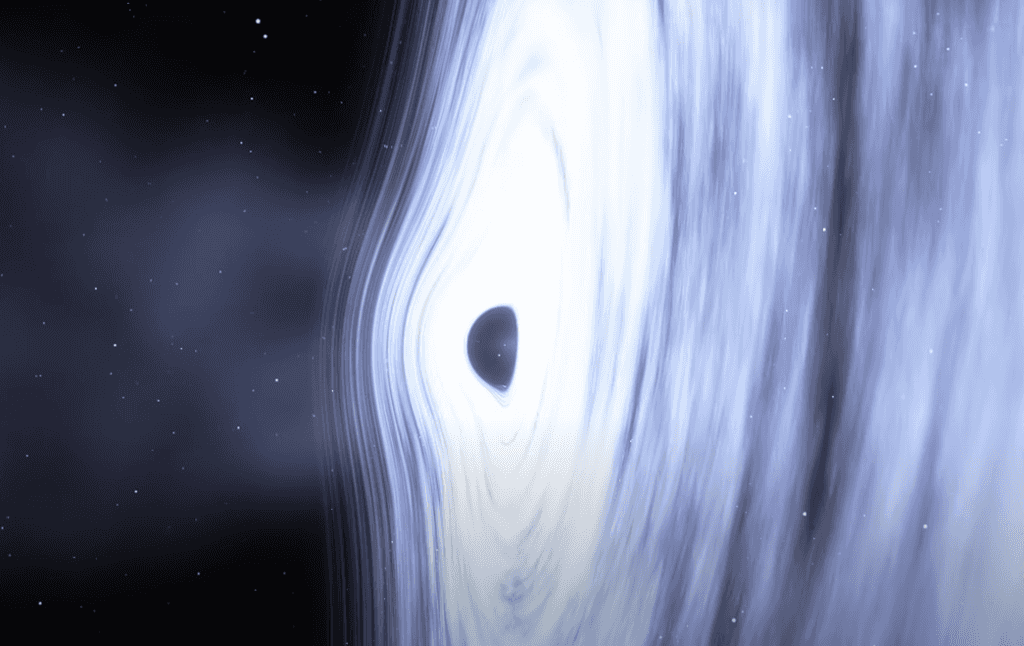Black holes are some of the most mysterious phenomena in space that have puzzled scientists ever since their discovery. Extreme levels of gravitational pull suck in everything around the black hole, even light. Black holes are the complete absence of any source of light, resulting in total darkness.
According to a video posted by the popular YouTube channel Riddle, a black hole’s origins can be traced back to a star that has burnt up and turned into a supernova. One of the largest known black holes has a mass that is forty billion times larger than our sun in our solar system. This black hole is situated in a galaxy called “Holmberg 15A,” which is approximately 700 million lightyears away.
When any matter approaches a black hole, several different events occur. One of these outcomes is known as the “accretion disk,” which changes the properties of the item approaching the black hole. Although black holes are typically associated as ever present and enduring vacuums that continuously “take,” they eventually dissipate over time.
A black hole is also constantly emitting tiny particles, which given enough time, will eventually lead to the complete evaporation of a black hole.

Astronomers believe there are currently between 10 million and 1 billion black holes inside of the Milky Way galaxy, which on average is at least ten times larger than our own sun.
Most of the observation that scientists are able to take surrounding black holes is not of the black holes themselves, but the observations from space objects, planets, stars, and other cosmic bodies surrounding the suspected black holes. These observations can involve orbit patterns, thermal radiation, and the creation or destruction of space debris around the center of the black hole. Scientists learn more from what happens around this abyss of matter than from the actual abyss itself.

New hypotheses are always being developed about the physical make up of black holes. One of the latest hypotheses states that a black hole that is created from the destruction of a neutron star results in a constant echo that is audibly detectable by high-tech space instruments.
This hypothesis runs contrary to the belief that a black hole prevents any type of matter, light, or sound from emitting from its depths. If this is the case, it would suggest that a black hole is more structurally representative of a sphere or planet than previously suggested. This argument still requires confirmation and remains a mystery within the space community.

Black holes represent one of the most misunderstood phenomenon in space. The nature of black holes is just as mysterious as the information that humans currently possess about these space events. There is no doubt that due to their destructive nature, they are some of the most terrifying space objects to scientists that study them.



